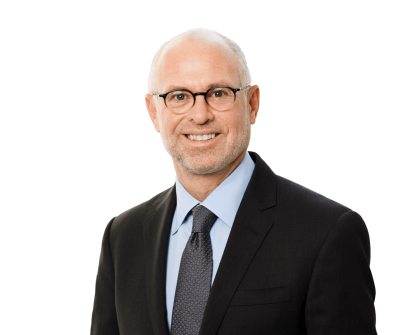March 27, 2007
The Supreme Court is poised to render a ruling that could potentially limit shareholder access to the courts. The issue for the Supreme Court in Tellabs, Inc. centers around the provision of the Private Securities Litigation Reform Act of 1995 that requires claimants to allege detailed facts sufficient to establish "a strong inference'' that the defendants acted with scienter, or the intent to commit fraud. Mr. Silk fears that even "good cases like the Enrons and the Worldcoms" wouldn't qualify as legitimate cases should the Supreme Court's verdict set the pleading standard too high.
This follows a recent push by political and corporate interest groups to rollback investor protections and limit the accountability of corporate institutions, as outlined by the "Interim Report" of the Committee on Capital Markets Regulation (widely known as "The Paulson Committee" for its association with Treasury Secretary Henry Paulson), and the "McKinsey Report," commissioned by New York City Mayor Michael Bloomberg and Senator Charles Schumer. Most recently, the Securities and Exchange Commission also abandoned years of advocacy on behalf of investors by submitting an amicus curiae ("friend of the Court") brief in Tellabs, Inc. by arguing in favor of the defendants and in support of an extremely stringent interpretation of the securities fraud pleading standard.
On behalf of 11 public pension funds, the firms Bernstein Litowitz Berger & Grossmann and Grant & Eisenhofer have submitted their amicus brief arguing against raising the pleading standard, because the current strong inference standard as established by the Second Circuit Court of Appeals is the standard Congress intended to adopt when it passed the PSLRA in 1995 in an effort to reduce frivolous securities fraud lawsuits.
